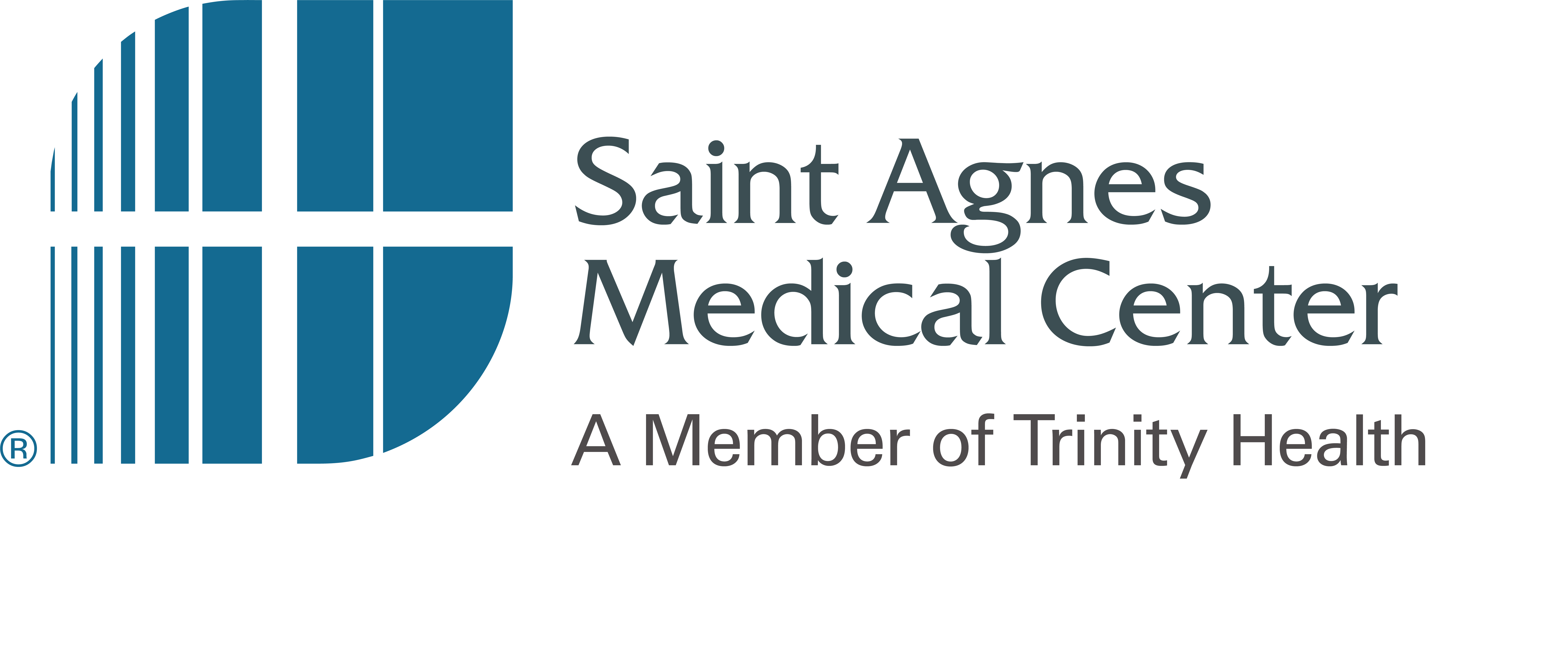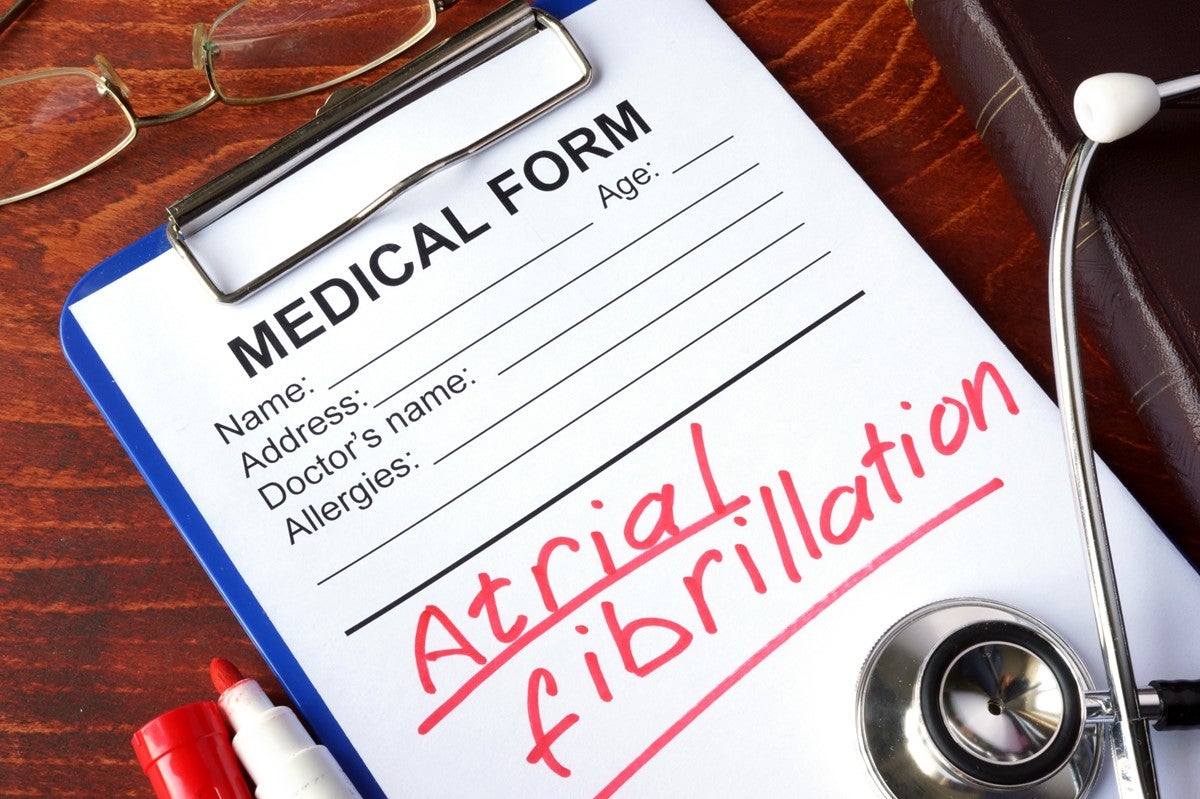Atrial Fibrillation (AFib) is on the rise in the United States, and it is estimated that 12.1 million Americans will be living with AFib by 2030. As more people are diagnosed, it’s important to understand the symptoms and dangers that come with it.
“AFib has become a serious health concern in this country, and it can lead to significant health events like stroke if left untreated,” says Fresno-area cardiologist Dr. Jagroop Basraon. “Thankfully, clinical advancements are making it easier and safer to treat AFib permanently.”
What is Atrial Fibrillation (AFib)?
AFib is an irregular heartbeat often described by patients as a feeling of quivering or flip-flopping. Instead of the heart contracting and relaxing at a regular beat, the upper chambers of the heart beat in an abnormal rhythm causing blood to pool. The pooled blood can potentially lead to a clot. This can increase your risk for stroke, pulmonary embolism and heart failure.
Atrial fibrillation can happen intermittently or be constant. AFib is caused by changes in heart tissue or the heart’s electrical signaling. Often, the root cause is unknown, but sometimes it can be triggered by conditions such as high blood pressure or diabetes.
Symptoms
Many patients living with AFib either don’t have symptoms or don’t notice them. Some describe it as feeling as if their heart is beating too fast or skipping a beat. Those that do have symptoms may experience:
- Chest pain
- Dizziness
- Fatigue
- Lightheadedness
- Reduced ability to exercise
- Shortness of breath
- Weakness
- Palpitations – Feelings of a fast, fluttering or pounding heartbeat
Treatment
AFib has many treatment options. Depending on your unique symptoms and anatomy, your doctor may prescribe medication like beta-blockers to slow your heart rate or blood thinners to reduce the risk of stroke. If medication doesn’t help or isn’t an option, your physician may also suggest catheter ablation.
Catheter ablation is a noninvasive procedure that uses a thin flexible tube inserted through your artery and guided to the heart. Once it reaches the damaged area, the doctor preforming the procedure will use the catheter to either cauterize or freeze the heart cells causing the AFib.
In April 2024, Saint Agnes began offering a new type of catheter ablation called FARAPULSE. Approved by the FDA earlier this year, the FARAPULSE device sends out ultra rapid electrical pulse that only target cardiac cells, eliminating the risk of injury to neighboring muscles or nerves that is common with traditional ablation.
"Before, with ablation, we would cauterize the tissue and then freeze it," says Dr. Basraon. "So, this is really the next generation of technology."
Talk to your doctor
Patients living with AFib are at a greater risk of suffering a stroke, experiencing heart failure, dementia or blood clots compared to those with a regular heart rhythm. That’s why it’s important to speak to a doctor if you have concerns about your heart health.

Find a primary care provider now
Don’t have a primary care physician? Establish with a Saint Agnes Care provider and take control of your health.
Schedule Today
